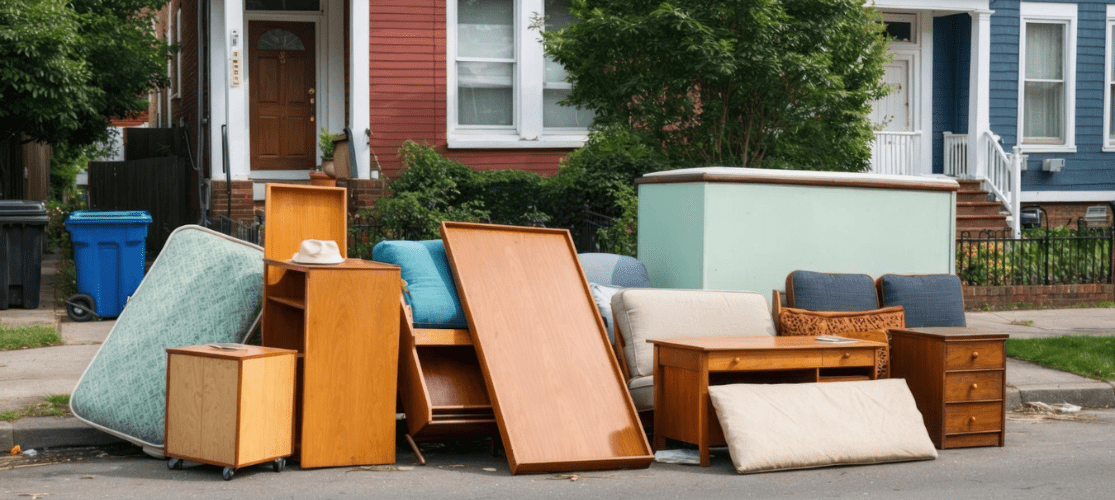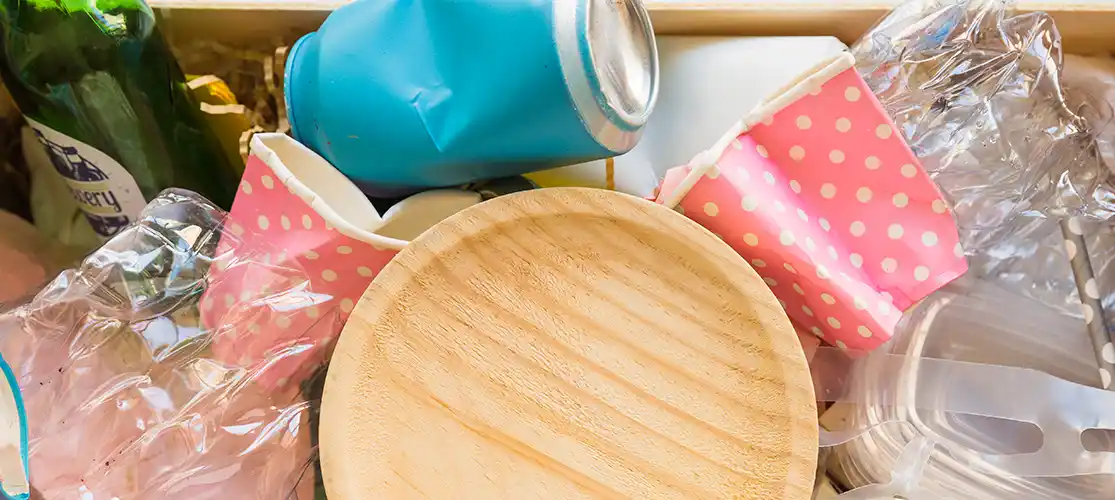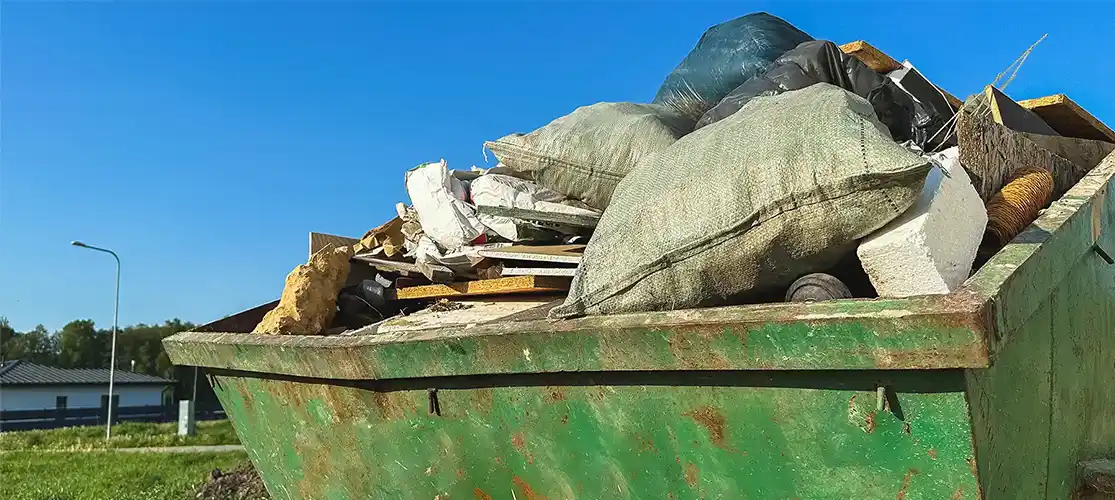Something as simple as throwing a piece of rubbish in the bin – or failing to do so – can have catastrophic consequences. So what are the impacts of improperly disposing of our waste, how much does it affect our health and the environment we live in? In this article, we are going to explore just how much impact the waste disposal industry has on our daily life, and the little things that we can do day-to-day to make sure we are appropriately disposing of our rubbish. Let’s dive in!
What is improper waste disposal?
Improper waste disposal, in its simplest form, refers to the inappropriate and careless disposal of waste materials, such as rubbish, recyclables, or hazardous substances. It includes a range of actions, from tossing rubbish on the side of the road, to dumping toxic chemicals into water bodies. This negligent approach to waste management can have severe repercussions for both our well-being and the environment we call home.
How can improper waste disposal affect our health?
Defra Statistics found that, in 2021, the total Waste from Households (WfH) generated in the UK was 27.7 million tonnes. A 2021 report revealed that on average, UK households dispose of 6.1 items incorrectly when throwing away our waste, putting non-recyclables in our recycling bins and recyclables in our rubbish bins! According to the World Health Organisation (WHO), these seemingly innocuous errors can actually lead to serious problems like higher mortality rates, cancer, and even issues with our reproductive health. The British Medical Bulletin reported a ‘raised incidence of low birth weight births has been related to residence near landfill sites’. They have also suggested that improper waste management also infected residents near a landfill site with related diseases, such as diarrhoea, chest pains, and even cholera!
How can improper waste disposal affect our environment?
Improper waste disposal often leads to pollution of the air, soil, and water, which contributes to a myriad of health problems not only for humans, but to countless species of wildlife too.
Land Pollution
Land pollution occurs when waste materials end up on soil or other surfaces where they shouldn’t be. These discarded items decompose over time, seeping into the ground. This means that the soil and surrounding areas absorb the pollutants, rendering them hazardous for both humans and animals.
Water Pollution
Waste materials that don’t find their way into designated disposal sites often flow into bodies of water, such as oceans or rivers. Once in the water, these substances break down, contaminating the water and adversely affecting aquatic life. This process elevates the toxicity levels of the water, rendering freshwater sources unsafe for human consumption and making any body of water inhospitable to swimmers.
Air Pollution
Air pollution arises when greenhouse gases accumulate in the atmosphere, leading to significant climate disruptions. Inefficient waste disposal contributes to this problem by releasing gases such as methane.
Climate Change
One of the profound consequences of every form of pollution is its contribution to global climate change. Waste materials release gases that contribute to the thickening of the ozone layer, resulting in extreme weather and natural disasters, the melting of polar ice caps, rising sea levels, and detrimental effects on the lives of billions of people and animals.
How to combat this issue
Addressing improper waste disposal is crucial to protect the environment and human health. There are a few different ways to combat this issue that we can implement in our own way, daily.
Raise Awareness
One of the biggest ways that we can combat improper waste disposal is through education. This could be as simple as teaching your family and friends about consequences of improper waste disposal, all the way through to holding community workshops, school programs, and public awareness campaigns. The more people understand the impact of their actions, the more likely they are to change their behaviour.
Promote Recycling
Encouraging recycling and promoting recycling programs in communities and households is another way of helping to combat the issue. Make it easy for people to separate recyclables from non-recyclable waste through systems such as having different bins for different recyclable materials in your house.
Reduce Waste Generation
Promote the reduction of waste at the source. Encourage your friends and family to use reusable products, such as water bottles and shopping bags, and discourage single-use plastics and packaging.
How EJ Shanley can help
If you’re committed to combating improper waste disposal and adopting sustainable, eco-friendly practices, EJ Shanley have a variety of different waste management services.
Whether you need skip hire services, scrap metal recycling, vehicle recycling, or other waste management solutions, we’ve got you covered.
Contact us today to discuss your specific needs and take a step towards responsible waste disposal.


